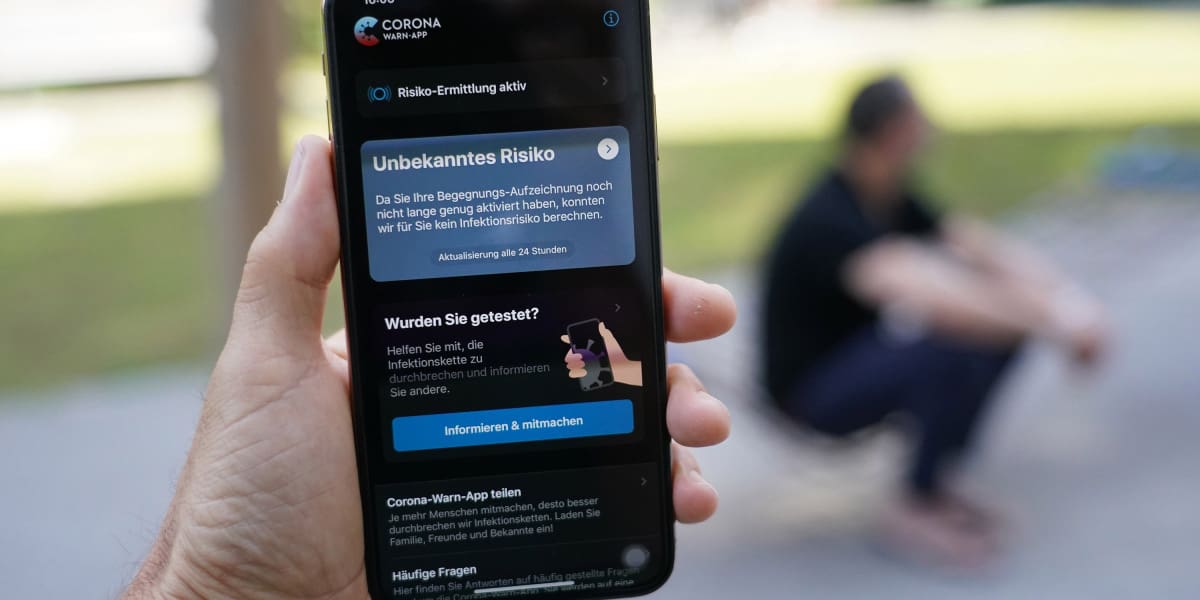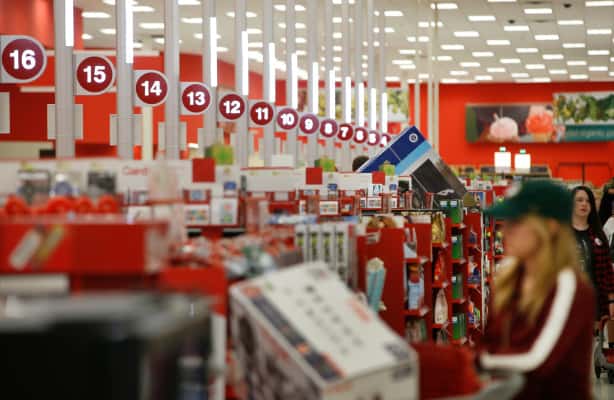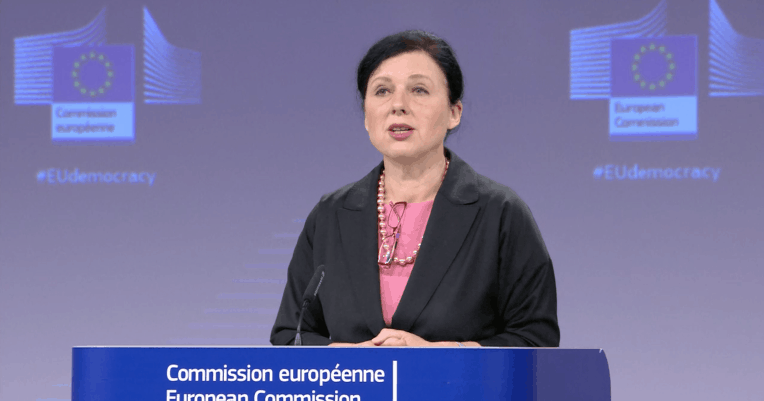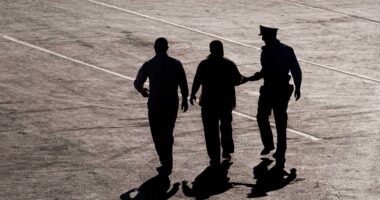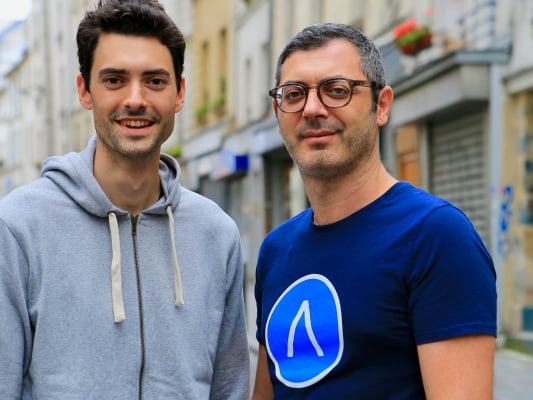This spring, while the US government was wasting its time on an authority Coronavirus reaction, nations around the globe were turning out public contact following applications. Starting with Singapore in mid-March, in excess of 40 nations have dispatched advanced presentation notice frameworks, to changing levels of success.
Our Covid Tracing Tracker logs every nation’s application and the innovations utilized, taking note of protection contemplations and giving every one a straightforwardness rating. We routinely update the tracker to report changes—for instance, in the wake of finding that few nations moved back protection measures. Among different changes: nations whose applications have been suspended, relaunched, or replaced.
Iran’s AC19 application, which professed to distinguish Coronavirus contaminations however was really keeping an eye on clients, was prohibited from the Google Play store and no longer seems, by all accounts, to be being used. Then, Japan’s application has been suspended in any event twice as a result of glitches. The nation intends to permit section to abroad explorers for the deferred Tokyo Olympics as long as they present negative Coronavirus tests and download following apps.
Some different nations at first built up their own frameworks however changed to the Google/Apple warning framework after it opened up. Norway has simply relaunched another application with a similar name as the first, in the wake of tending to protection concerns and changing to the Google/Apple system. Finland’s pilot application from prior this year has been supplanted with an application utilizing that innovation too. Likewise in the UK, an underlying preliminary application was rejected after it was found to have issues identifying iPhones close by; it was supplanted with a Google/Apple framework in September. (The new framework confronted issues as well: in November it was accounted for that the application neglected to advise clients to separate subsequent to interacting with tainted people.)
Some statewide applications in the US have comparably experienced bogus beginnings and relaunches. The North and South Dakota application, for instance, was disregarding its own security strategy. Numerous US states actually don’t have an introduction notice application at all.
For each application, we archive who is delivering it and where it is accessible. We likewise pose five inquiries, guided by standards set forward by the American Civil Liberties Union.
- Is it deliberate? Sometimes, applications are pick in—yet in different spots numerous or all residents are constrained to download and utilize them.
- Are there constraints on how the information gets utilized? Information may at times be utilized for purposes other than general wellbeing, for example, law implementation—and those utilizations may last more than Coronavirus 19.
- Will information be pulverized after a timeframe? The information the applications gather ought not keep going forever. In the event that it is consequently erased in a sensible measure of time (generally a limit of around 30 days) or the application permits clients to physically erase their own information, we grant a star.
- Is information assortment limited? Does the application gather just the data it needs to do what it says?
- Is the exertion straightforward? Straightforwardness can appear as clear, freely accessible arrangements and plan, an open-source code base, or all of these.
For each question, in the event that we can answer truly, the application gets a star. In the event that we can’t answer yes—either on the grounds that the appropriate response is negative or in light of the fact that it is obscure—the rating is left clear. There’s likewise a field for takes note of that can help put things in context.
In expansion, we report the fundamental innovation hidden the application. Here’s a clarification of the key terms.
- Location: Some applications distinguish an individual’s contacts by following the telephone’s developments (for example, utilizing GPS or triangulation from close by cell pinnacles) and searching for different telephones that have invested energy in similar location.
- Bluetooth: Some frameworks use “vicinity following,” in which telephones trade encoded tokens with some other close by telephones over Bluetooth. This data is simpler to anonymize and for the most part thought to be preferred for protection over area tracking.
- Google/Apple: Many applications depend on a framework grew together by Google and Apple. It lets iOS and Android telephones speak with one another over Bluetooth, permitting engineers to assemble a contact following application that will work for both. The introduction warning capacity is currently fabricated straightforwardly into some cell phone working systems.
- DP-3T: This represents decentralized security protecting nearness following. It’s an open-source convention for Bluetooth-based following in which an individual telephone’s contact logs are just put away locally, so no focal authority can realize who has been exposed.
A public rendition of the fundamental information is kept in a tab of this read-just accounting page. On the off chance that you have an update, remedy, or expansion to the tracker, if it’s not too much trouble email the important data to us at [email protected].
This story is essential for the Pandemic Technology Project, upheld by the Rockefeller Foundation.
